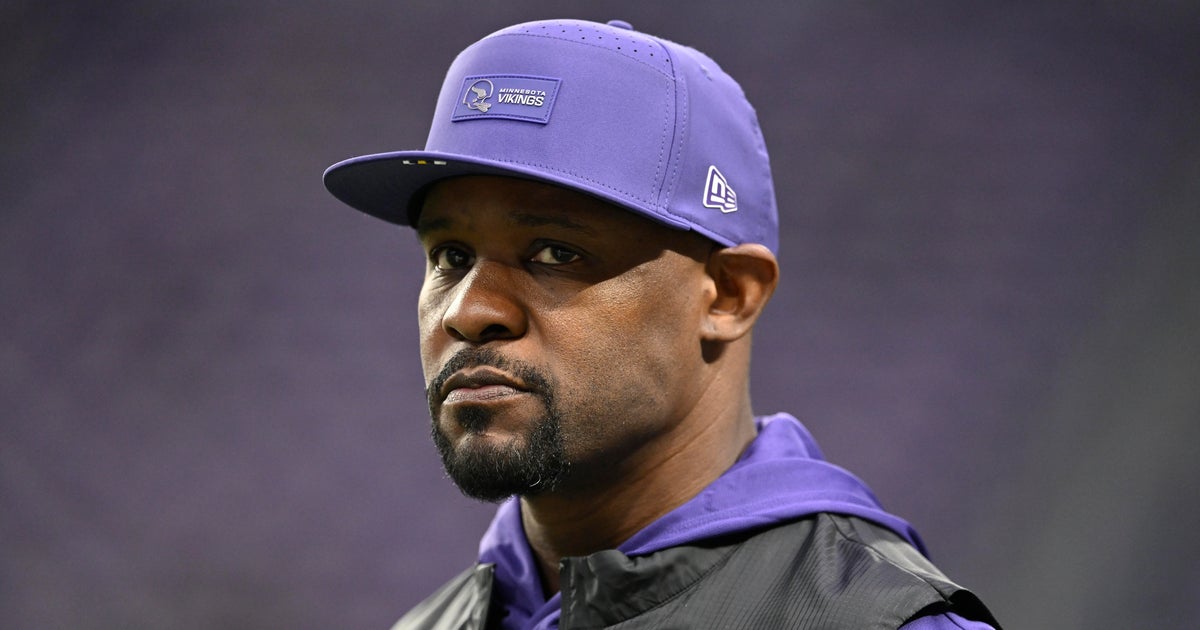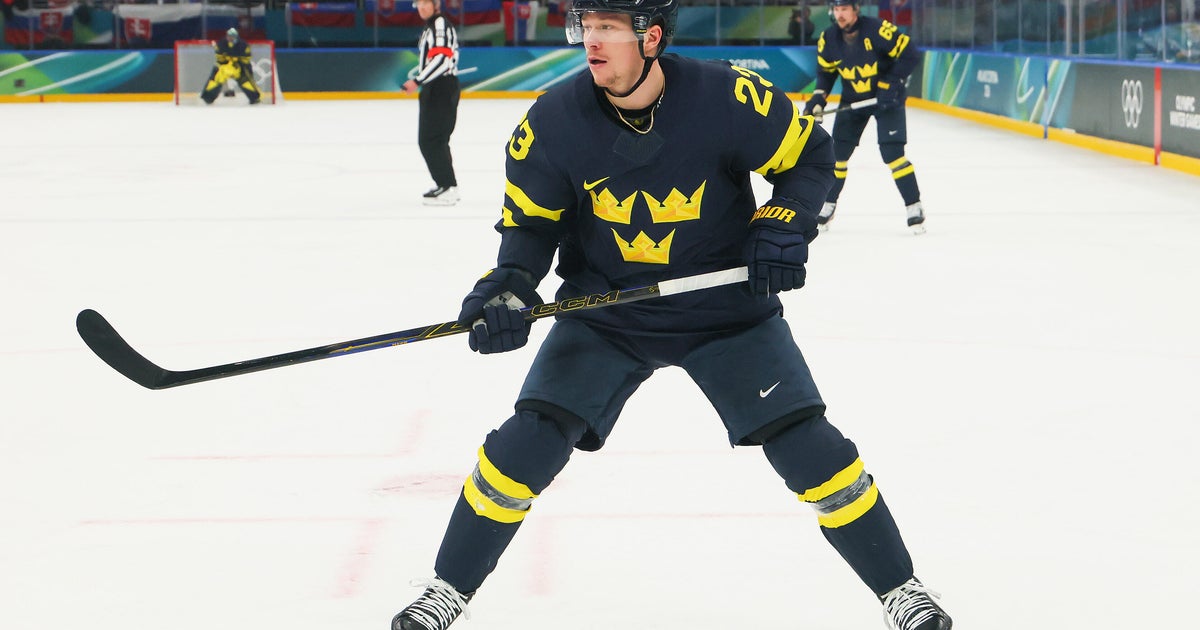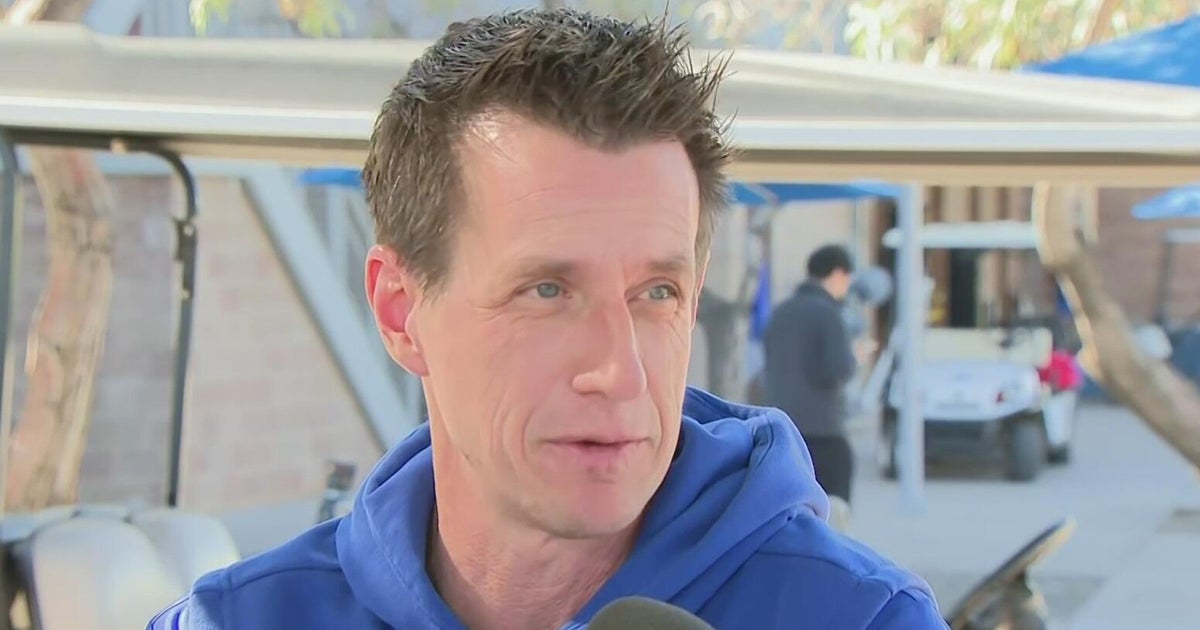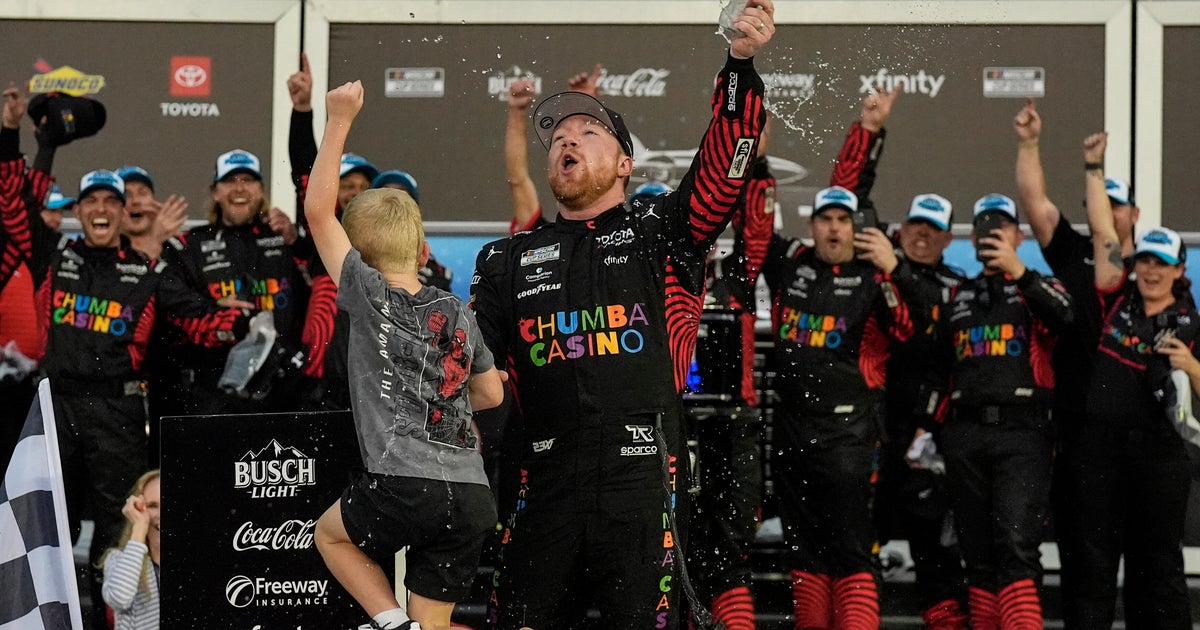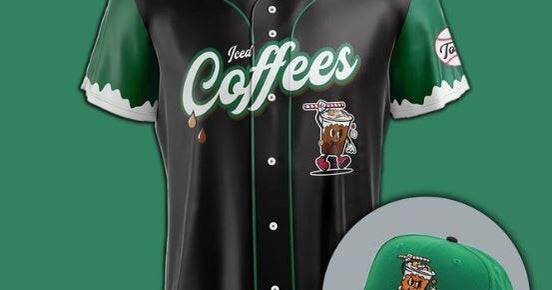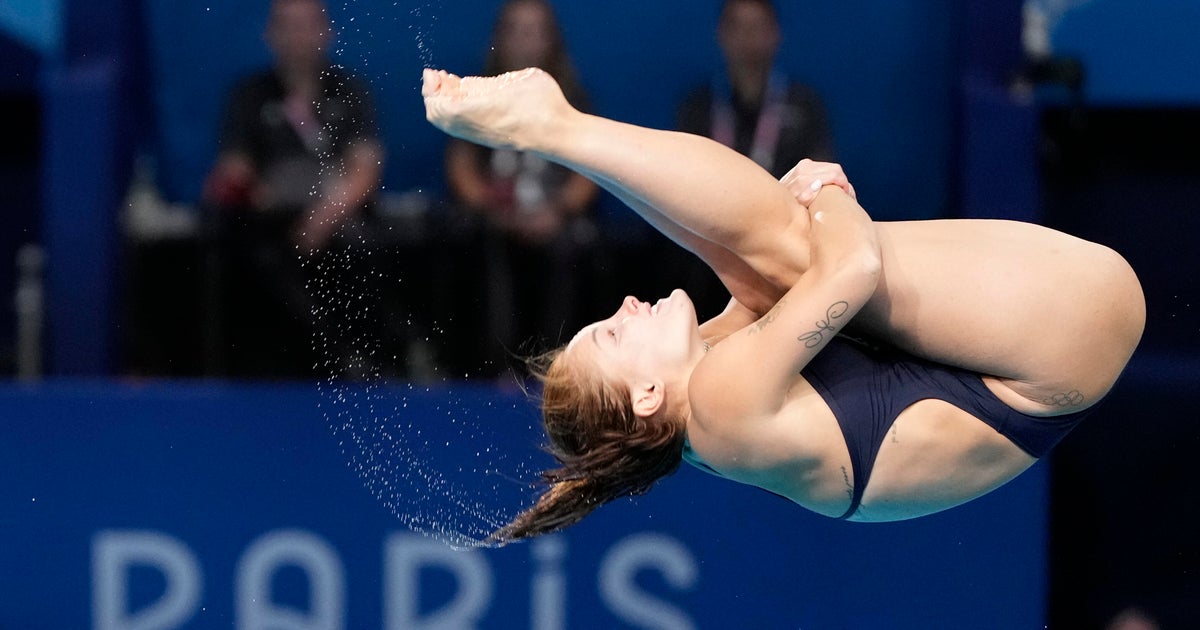What the Minnesota Wild can learn about last year's playoff exit
ST. PAUL, Minn. -- Minnesota Wild fans know the story all too well.
Last season, the team finished the regular season with a franchise record of 113 points.
They earned home ice in round one against the St. Louis Blues.
The question loomed in the few days leading up to their first-round matchup: what goalie would start in the playoffs?
Cam Talbot – now a goaltender for the Ottawa Senators - finished the regular season on a 13-0-3 tear.
Marc Andre Fleury was 9-2-0 in his 11 regular season games with Minnesota.
A reminder of the numbers heading into the postseason:
Talbot – 13-0-3; .917 save percentage, 2.35 goals against per game
Fleury – 9-2-0, .910 save percentage, 2.74 goals against per game
And we know how it ended. The Wild opted to go with Fleury in the first five games, with Talbot only getting the nod in a must-win game six.
In hindsight, maybe starting Fleury out of the gate was not the correct decision.
However, it is unfair to say it was the wrong call.
It may have been. But it's not foolproof. Remember, the Wild held a 2-1 series lead through three games. Any Wild fan would have gladly accepted this proposition pre-series: The Wild will start Marc Andre Fleury in games one, two, and three. And they will have a two-to-one series lead.
Which is not to say it was the right decision. Opponents of this results-oriented take would argue that the 2-1 series lead doesn't justify the decision put Talbot on the bench. They may be correct.
However, results in the playoffs are crucial. The Wild's offense was shutout in the only loss in the first three games, which made it hard to pin on Fleury.
The question became, how long would they keep Fleury in the net? They could have made the switch after dropping game four, a 5-2 loss that knotted up the series at two. It was clear Fleury wasn't playing his best. His rebound control was not good.
And this is where it got interesting.
The Wild started Fleury again in game five and lost 5-2.
Head Coach Dean Evason thrust Talbot into the crease for a must-win game six in enemy territory, which was a tall order for a goalie on the bench for two weeks. And the season promptly ended.
It is tough in a back-and-forth playoff series to switch up goaltending.
There may never be a consensus time.
I would argue game five last year was just that. But who knows? We do know game six was too late. It is clear by then the Wild missed the boat. People disagree on when Talbot should have gotten the nod. But most seem to agree the Wild waited too long.
But if each goalie's respective experience was crucial to the Wild brass, seemingly more important than the on-ice play to end the regular season, sticking with Fleury in an elimination game may have been a better option in alignment with their plan. The Wild handled the goaltending situation poorly.
Anyways, what can we learn in this debrief?
It is hard to switch it up in a grind of a playoff series.
That is the reason to begin the playoffs with who is best down the stretch.
Funny enough, a similar situation is brewing in St. Paul for this go around.
If the playoffs began tomorrow, it should not be a question of who plays game one.
Since Feb. 9, Gustavsson, in his first year in Minnesota – ironically traded in the offseason to Minnesota for Talbot - is 8-1-4 and leads the league in that stretch with a 1.55 goals-against average and a .946 save percentage.
Those numbers are astounding.
Over that same 13-game span, Fleury is 7-3-1, with .911 save percentage and a 2.62 goals against average.
Gustavsson's are significantly better. And Fleury's are good, which says a lot about the Swede's play.
This could all change with nine regular-season games left.
But here is what the Wild can learn most from last year's playoff exit.
If Gustavsson struggles in the postseason, you may have the best number two of any team who can come in in relief. It is a win-win for Minnesota.
Start Gustavsson. Ride him until he suffers a few poor performances, or the team needs a wake-up. Then shake it up and throw in the three-time cup champ.
And make sure it is not too late, which is the key to all of this.
The team does not need another case study on goaltending decisions.
Save Fleury's experience until adversity arrives, and it always does in the Stanley Cup Playoffs. Wouldn't you rather have an experienced playoff goaltender be called upon when it is most urgent, instead of a first-time playoff guy?
Play the cards a different way this time around, and maybe the goaltending drama of 2022 evolves into the success story of 2023.
